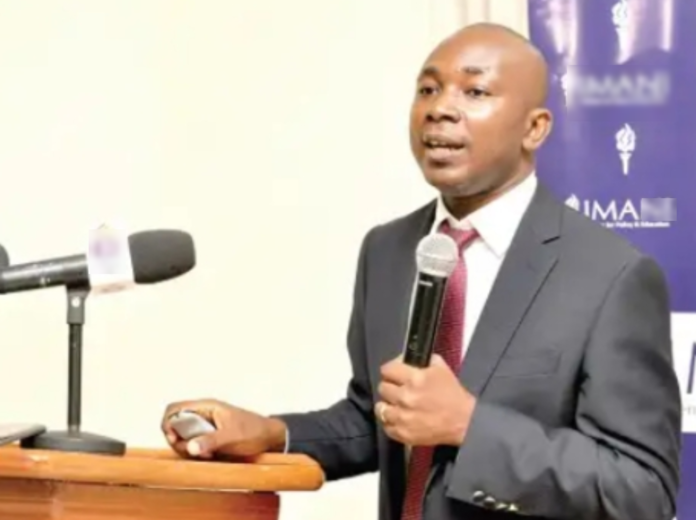Economist Prof Godfred Bokpin has highlighted critical challenges facing Ghana’s energy sector and called for urgent structural reforms, including private sector participation.
Speaking on JoyNews’ Newsfile on Saturday, May 17, the University of Ghana lecturer stressed the unsustainable nature of the current electricity distribution system, citing significant collection losses of approximately 15%—well above the global average.
He argued that many government ministries, departments, and sensitive installations are not paying electricity bills, further straining the sector.
“You cannot pass on all those losses to the ultimate consumer,” Prof Bokpin stated.
“Then again, you want to look at collection losses. Collection losses, we are looking at close to 15% again, that’s above the world average. It’s not sustainable. Apart from that, you also want to look at the tariff gaps in terms of the pricing formula and all of that. If you put all of these things together… you also see that there are ministries, departments, agencies. And you heard the minister saying that it’s about time ministries, departments, and agencies take responsibility for their energy consumption.”
He advocated for private sector involvement in electricity distribution, suggesting a partnership model where the Electricity Company of Ghana (ECG) remains government-owned while bringing in private sector expertise to improve efficiency and reduce losses.
“We should support government in private sector participation in downstream distribution,” he said.
Prof Bokpin emphasized that this model does not mean selling ECG, but rather inviting private capital and management while the state remains the sole shareholder.
He acknowledged the potential challenges of implementing such reforms, including staff resistance and political pushback.
He urged Ghanaians to support the reforms, noting that power outages affect all citizens, regardless of political affiliation.
The proposed reforms are part of an IMF-supported programme aimed at restructuring Ghana’s energy sector and improving long-term economic sustainability.



